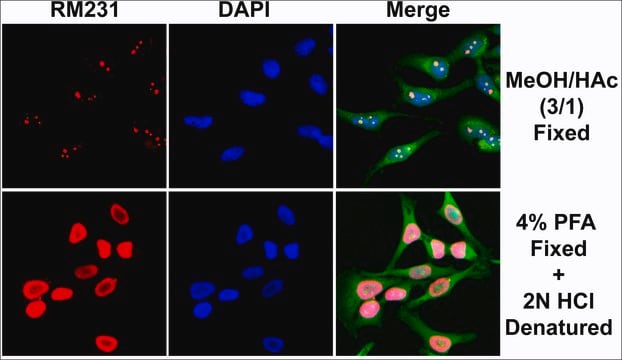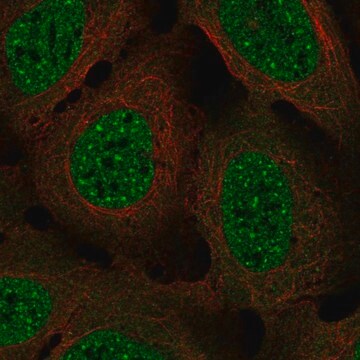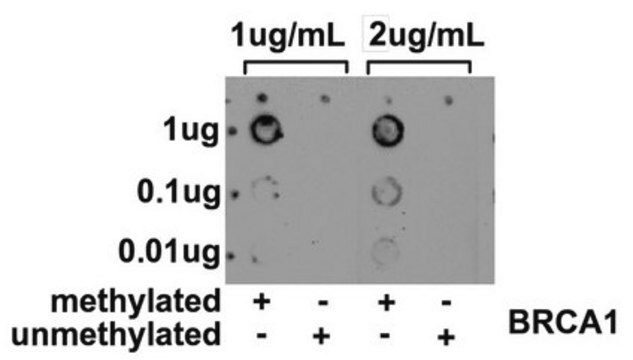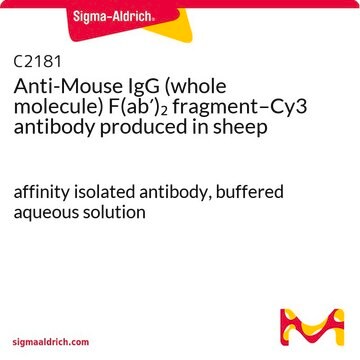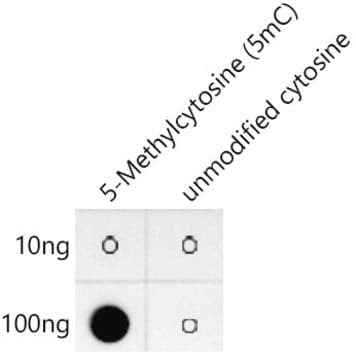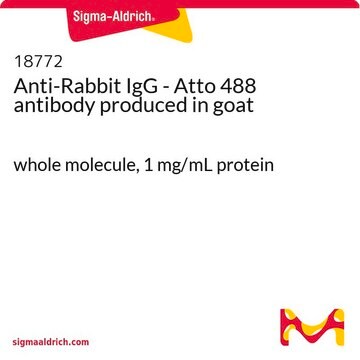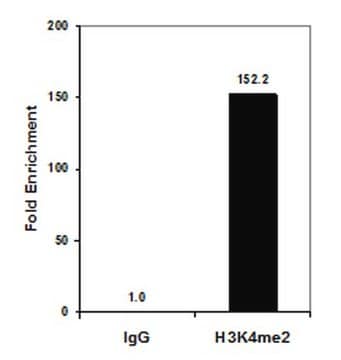SAB2702243
Monoclonal Anti-5-Methylcytosine / 5-mC antibody produced in mouse
clone GT4111, affinity isolated antibody
About This Item
Recommended Products
biological source
mouse
Quality Level
conjugate
unconjugated
antibody form
affinity isolated antibody
antibody product type
primary antibodies
clone
GT4111, monoclonal
form
buffered aqueous solution
concentration
1mg/mL
technique(s)
dot blot: suitable
immunohistochemistry: suitable
methylated DNA immunoprecipitation (MeDIP): suitable
isotype
IgG1
shipped in
wet ice
storage temp.
−20°C
target post-translational modification
unmodified
Immunogen
Application
Features and Benefits
Other Notes
Physical form
Disclaimer
Not finding the right product?
Try our Product Selector Tool.
Storage Class Code
12 - Non Combustible Liquids
WGK
WGK 2
Flash Point(F)
Not applicable
Flash Point(C)
Not applicable
Certificates of Analysis (COA)
Search for Certificates of Analysis (COA) by entering the products Lot/Batch Number. Lot and Batch Numbers can be found on a product’s label following the words ‘Lot’ or ‘Batch’.
Already Own This Product?
Find documentation for the products that you have recently purchased in the Document Library.
Our team of scientists has experience in all areas of research including Life Science, Material Science, Chemical Synthesis, Chromatography, Analytical and many others.
Contact Technical Service